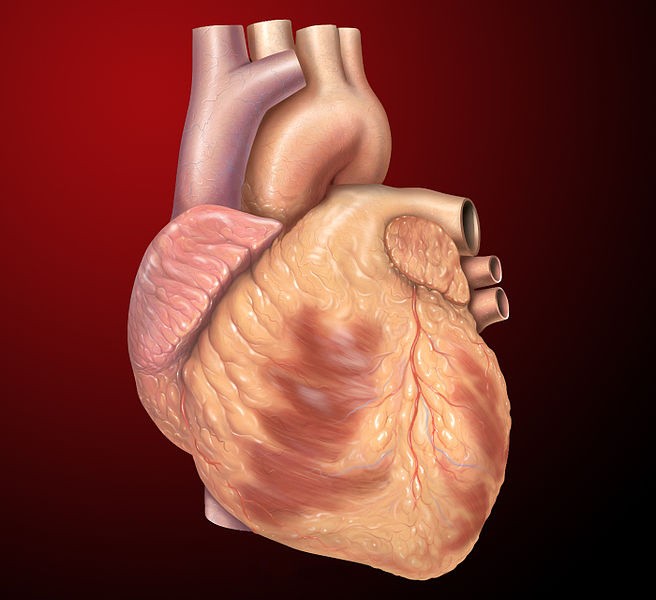An aging heart has been found to have the tendency to develop somatic mutations that are irreparable, according to a new study.
Experts in the field of cardiology, bioinformatics, and genetics from the United States led the new research to understand the biological and genetic mechanisms of heart disease.
Heart disease is evidently one of the main causes of fatalities, especially amongst individuals in the old age group of above 65 and people who have existing medical conditions, including obesity, high blood pressure, diabetes, hypertension, or high cholesterol.
Aging Heart Risks

Findings about the correlation between an aging heat and somatic mutations have been published in the journal Nature Aging on August 11.
Researchers from the Boston Children's Hospital used bioinformatics techniques and analysis to arrive at their discovery.
The US-based research team explored why the heart disease risk increases as people age, attributing that the reason lies in the cellular structure and function of the aging heart itself, which is susceptible to non-inherited mutations called somatic mutations.
What is a Somatic Mutation?
Somatic mutation is the process of DNA alteration or DNA change after conception.
It can occur in any cells of the body except the germ cells like the sperm cell and egg cell. With this, the said genetic mutation is not passed onto offspring.
However, these alterations sometimes lead cancer and other diseases, according to the National Cancer Institute (NCI).
For years, scientists have known that somatic mutations literally change the DNA sequence of a somatic cells within a multicellular organism with reproductive cells.
Aside from the germ cell, the mutation occurs in a cell other than the gamete or gametocyte.
In the worst case scenario, somatic mutations can yield to unwanted, harmful byproducts inside the body, including the infamous cancer tumors.
Cancer and Complex Diseases
Based on the NCI's working definition of somatic mutation, various studies in the past have directly linked such DNA alterations to the lethal malignant or non-lethal benign tumors, which affects different parts of the body, including blood, tissues, and organs.
In a 2021 study published in the journal Trends in Genetics, researchers from the Wellcome Sanger Institute in the United Kingdom asserted that somatic evolution in a tissue not only leads to cancer but also causes the pathogenesis of non-neoplastic diseases.
The UK researchers based their conclusion from studies in recent years focusing on somatic mutation in healthy tissues.
The UK study maintainained somatic evolution can start a disease, retain a disease, and potentially alleviate diseases in some cases.
This is made possible as some mutations that compete for space within the tissue do not always result in cancer risk.
Global Cancer Cases
Cancer has killed and continues to affect millions of people in multiple countries worldwide.
The Centers for Disease Control and Prevention (CDC), the World Health Organization (WHO), and some health groups recognizing it as the leading cause of death globally.
In the UK, there are around approximately 400,000 global cancer incidences for both male and females, according to the World Cancer Research Fund International (WCRF).
Meanwhile, the WCRF stated that there are about 1.7 million global cancer incidences for both sexes.
© 2025 NatureWorldNews.com All rights reserved. Do not reproduce without permission.





